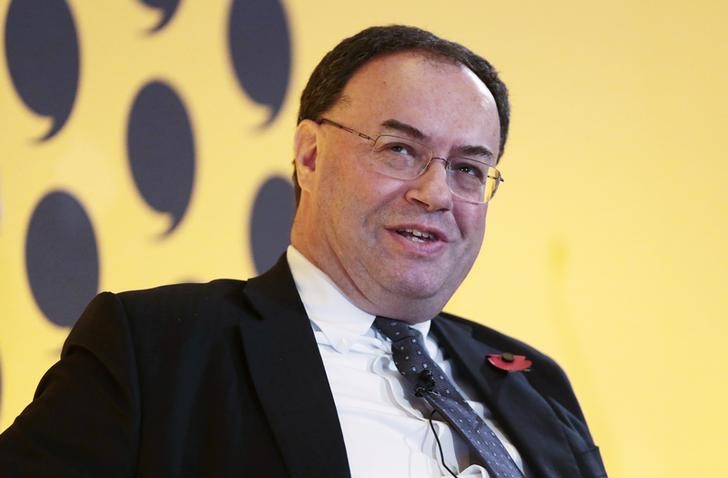By Huw Jones
LONDON (Reuters) - Britain's top banking regulator has dismissed critics who say risks at banks cannot be fully understood and therefore lenders must hold far more capital.
Andrew Bailey, who heads the BoE's Prudential (LON:PRU) Regulation Authority which supervises Lloyds (LON:LLOY), Barclays (LON:BARC), HSBC, RBS (LON:RBS) and other lenders, said the best approach was the current mix of capital buffers, proper risk management, supervision, and tools for winding down a bank when in trouble.
"I do not accept the proposition that we can only abandon all hope of understanding the risks in banks," Bailey said in a speech at a banking event hosted by Barclays on Wednesday.
"Likewise, I do not agree that large banks are unsupervisable and ungovernable. I simply do not believe that the alternative approaches are sufficiently credible."
The debate over capital has flared up in recent weeks as shares in lenders across Europe have come under pressure, with investors questioning how banks can make money when interest rates are falling into negative territory.
Bailey, also deputy governor of the Bank of England (BoE), said he disagreed with the "big equity school" which argues lenders should hold capital equivalent to 20 percent or more.
He is the latest senior BoE official to dismiss criticism from John Vickers that lenders don't hold enough capital. Vickers is the architect of a reform that will force lenders to "ring fence" their retail arms with more capital from 2019.
Bailey, who takes up his new job as chief executive of the Financial Conduct Authority in the summer, said it would take 90 years for banks to build up their buffers to 20 percent of their balance sheets.
"I do not therefore see 'big equity' as a sustainable solution because this sort of proposal is just not practical," Bailey said.
He rejected the "narrow banking" model of deposit-taking arms only being allowed to hold low risk bonds as it would prompt risks to shift to "shadow" banks.

The BoE's executive director for financial stability Alex Brazier said this week that Britain's banks are within a "hair's breadth" of reaching the core capital target of 13.5 percent set by the central bank, above international norms.